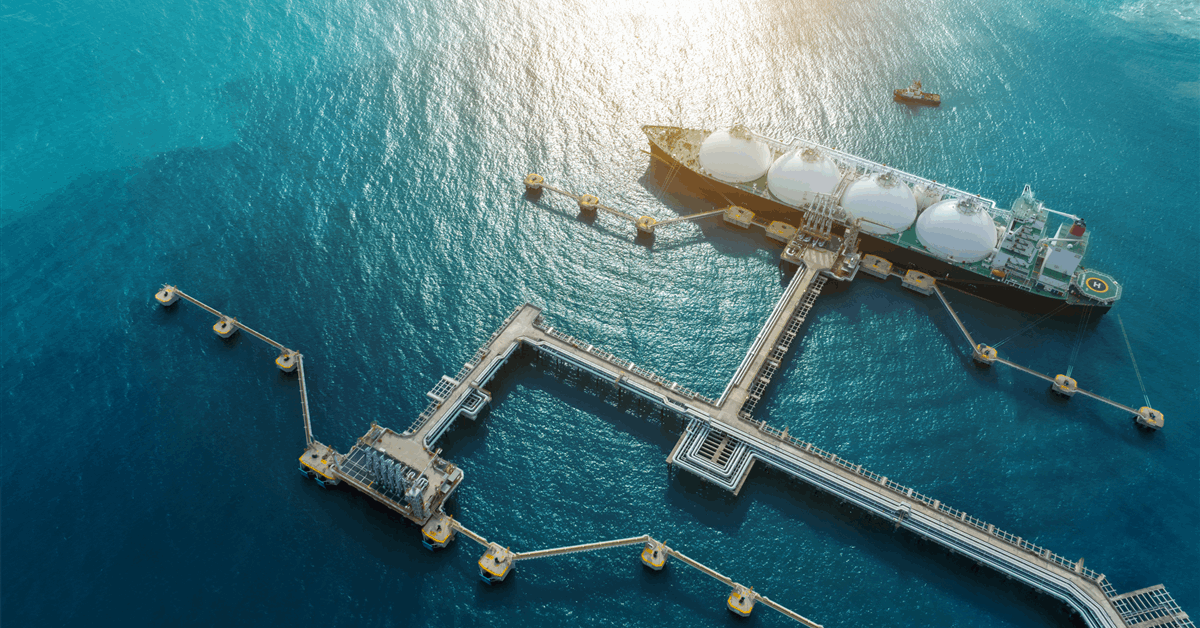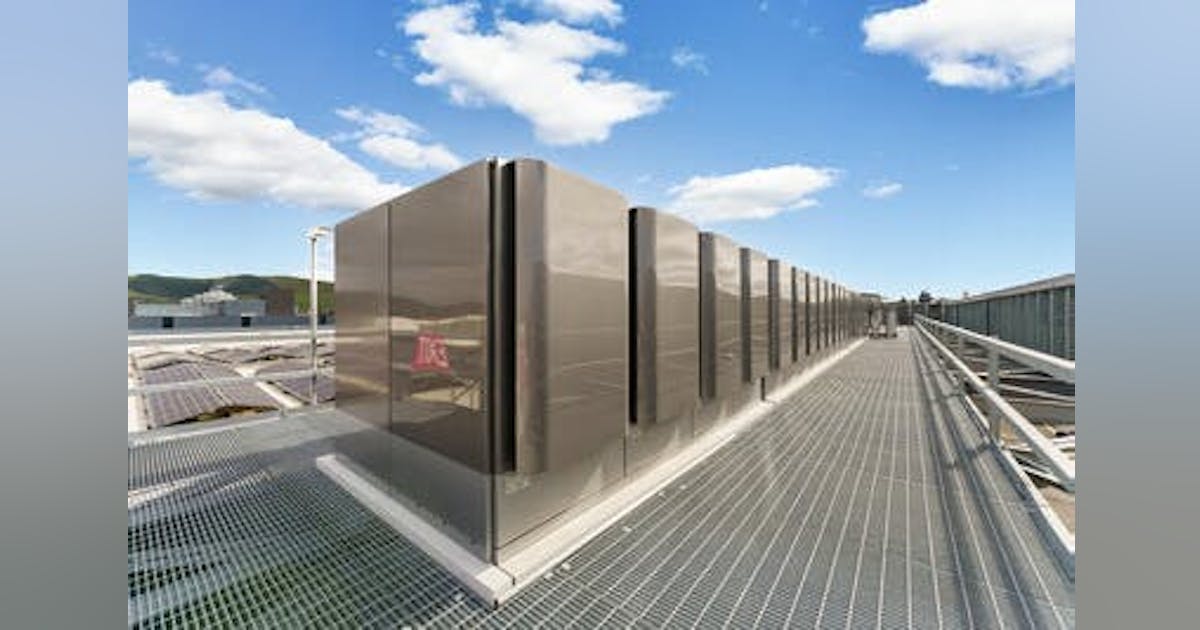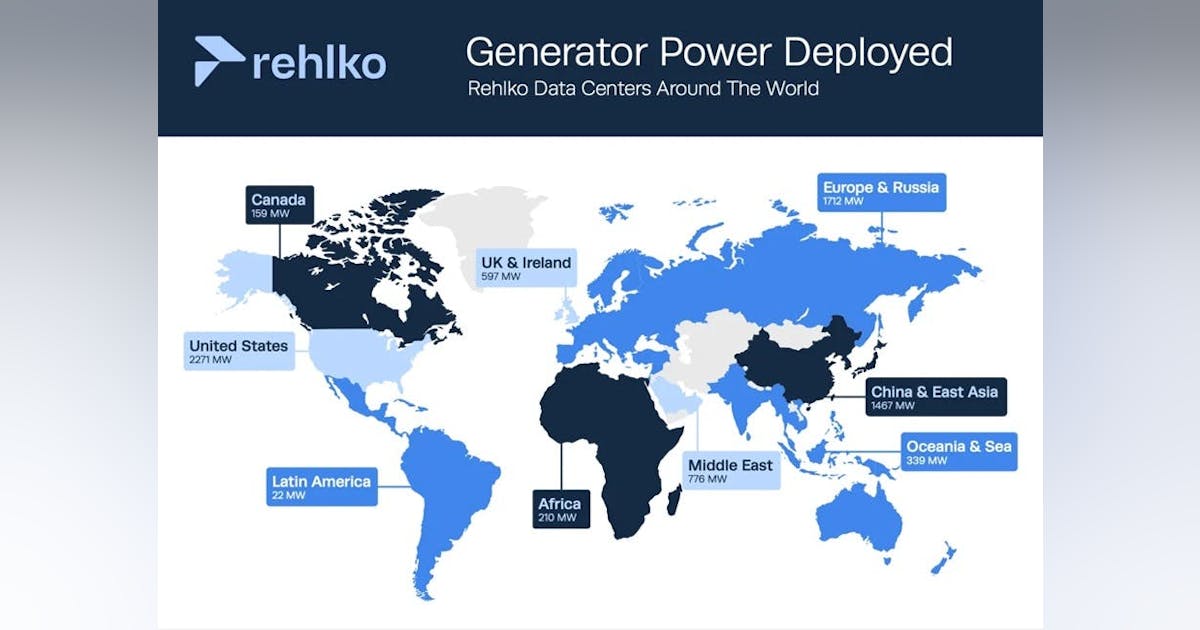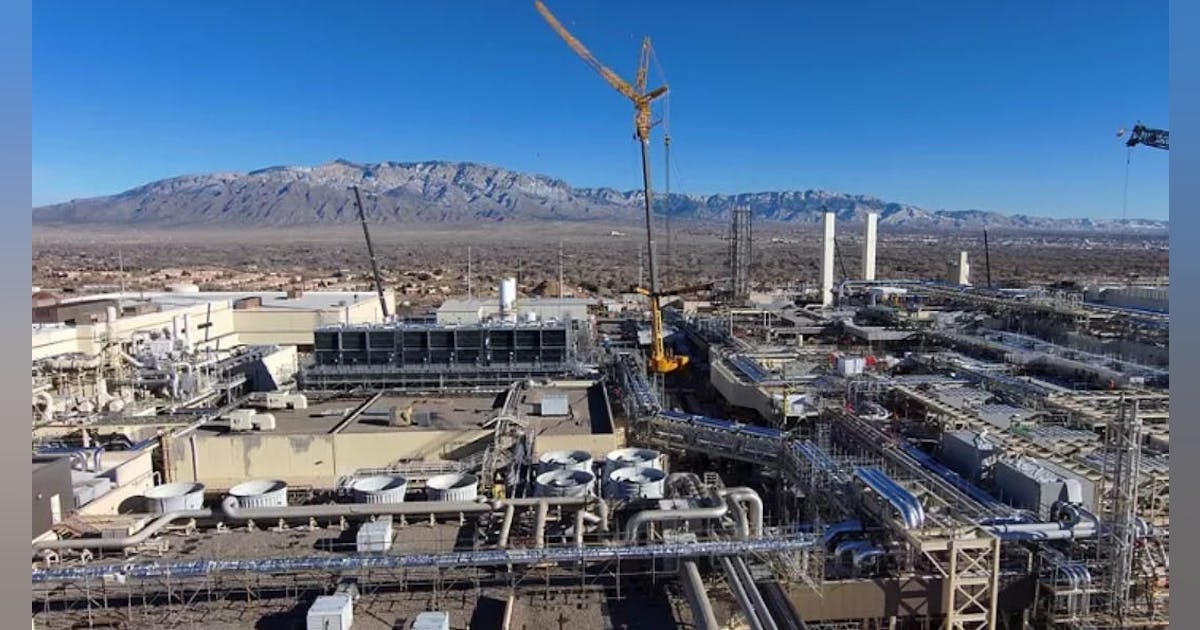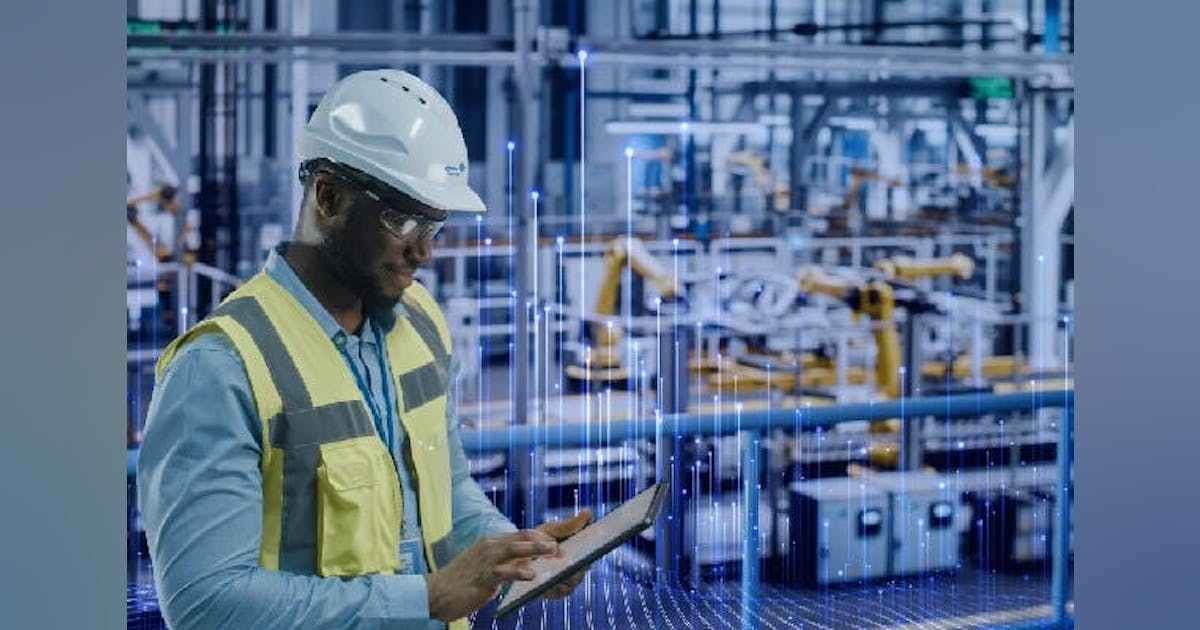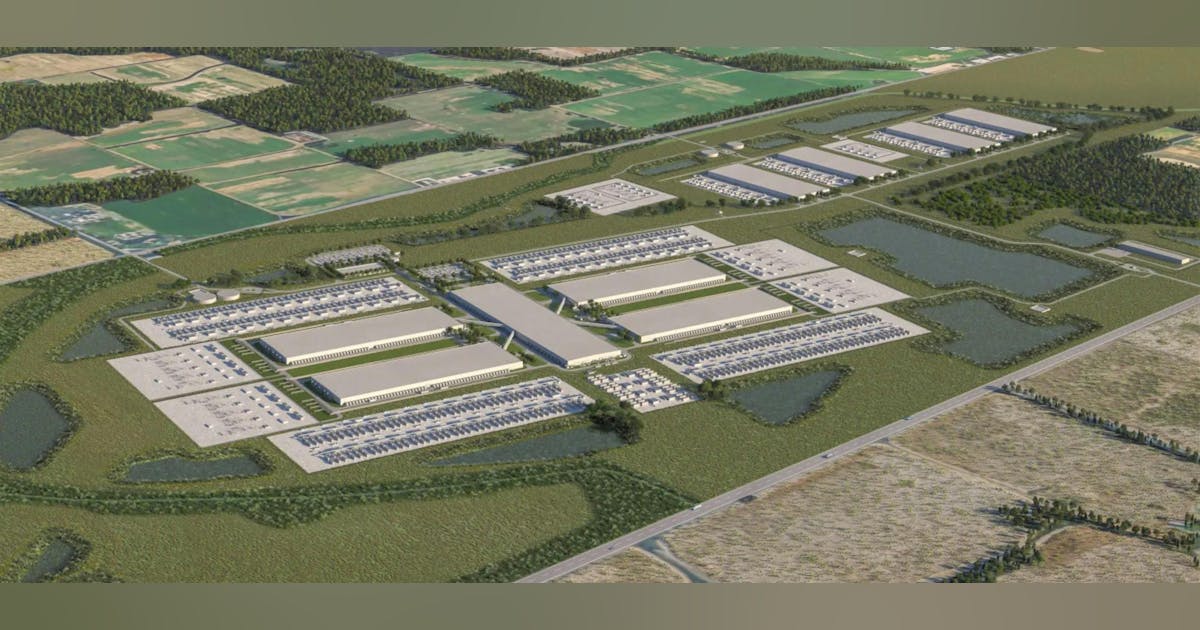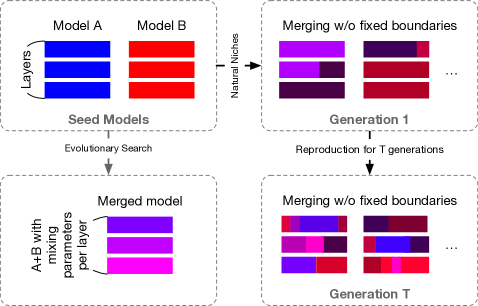
The billionaire investor who rescued ailing Wrightbus before the pandemic now has plans to install a distributed hydrogen network across the country. And he wants government to reconsider its policies.
Jo Bamford-owned HydraB Power, the consortium that bought Wrightbus out of bankruptcy in 2019, is developing a wide-ranging hydrogen production and distribution network.
“HySpeed, which is the new idea we’re talking to government about today, is for another gigawatt of capacity with the consortium of off-takers and manufacturers that can take the cost of hydrogen down – we think [by] over 40%,” operating partner Harry Bowcott said in an interview.
“Which, of course, makes the subsidy more productive and gets you in a meaningful way towards having hydrogen at parity cost versus diesel – without subsidy.”
The company engaged ministers and lords outside Portcullis House in Westminster on Wednesday, demonstrating a hydrogen fuel cell Wrightbus.
Bowcott said the company wants government to consider two planks of policy that could unlock investment in the hydrogen economy at next month’s spending review.
HydraB Power is calling for two policy changes: first, it wants multiple projects included as part of HAR funding. It has also asked the government to expedite a consultation on the safety case for injecting hydrogen into the natural gas grid, which Bowcott said it would be ready to do from 2026.
The company HydraB Power operates several portfolio companies involved in hydrogen production, distribution and usage.
These include green hydrogen producer HyGen Energy Holdings, bus manufacturer Wrightbus, hydrogen refuelling and distribution infrastructure Ryze Power and transport decarbonisation finance solution provider Fuze.
HySpeed ahead
The consortium wants to unlock £6.5bn of investment in the hydrogen economy and create 24,300 jobs across the UK by 2030 through project HySpeed, a 1 GW green hydrogen project that, it claims, will reduce carbon emissions by one million tonnes a year.
This would be operated through a distributed network of smaller projects of up to 300 MW, embedded nationally to supply industries and the hydrogen bus network.
The group of companies was successful in the government’s first and second hydrogen allocation rounds (HAR1 and HAR2), and Bowcott said it could also transfer some of that capital to HAR3.
He said HydraB Power had won 35 MW of capacity in HAR1 with the “largest single project” and progressed to the next stage of the second allocation round with four projects that would “take us up to 115 MW”.
Those shortlisted projects included the Harper Lane Hydrogen project in Greater London, the Bardon Hill Hydrogen project in the East Midlands, the expansion of Hygen’s existing hydrogen hub at Tysley Energy Park, and Selms Muir in West Lothian in Scotland.
The HySpeed project represents a further 1 GW of potential hydrogen capacity across its network.
HydraB supplies hydrogen double decker buses to cities such as London and Aberdeen.
HyGen was created as a joint venture in 2022 between HydraB and Armstrong Capital Management to build, own and operate commercial-scale hydrogen production facilities across the UK and Ireland.
Planning and development activities are provided by Renewable Connections Developments, a UK developer.





